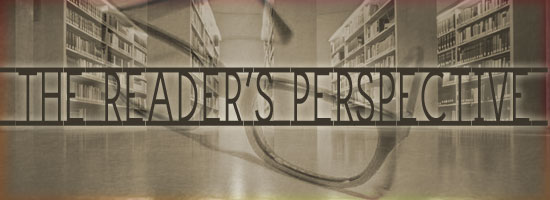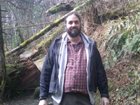 Ken Kesey as Pilgrimage
Ken Kesey as Pilgrimage
By Ryder W. Miller
Interested in gaining a better understanding of the 1960s, having hit bottom in San Francisco because of false impressions, I could not think of a better writer than Ken Kesey, except maybe Hunter S. Thompson or Tom Wolfe, to read to better understand those times.
Ken Kesey, however, did not consider his writing his main achievement. He considered his books “just” books, in an interview where he reveled in his big accomplishment was “The Bus” where he led the Merry Pranksters on their trips and experiments around the country.
Kesey was more than just a writer, he was a counter-cultural icon who said he was too young to be a beatnik and too old to be a hippy. His political actions did help usher in the age of the hippy being also in contact with many of the beatniks before this time. The bus took on more passengers than the zooming beatnik car driven by Neal Cassidy.
The bus is now parked somewhere on his farm in Oregon and many leave San Francisco to go north to search of “it”.
One, however, does not usually find in his “canon” an exploration of the hippy times. His works are more personal and conventional than the explorations of the mass protests of the later times. Ken Kesey was a writing student at Stanford who had his differences with Wallace Stegner at Stanford, but did seek to write about the frontier occasionally. Some of his less famous works tell these frontier tales, but he has left us with classics which challenge the institutions of his time.
One will find some of the angst of the 1960s in his books which honor rebels. Bob Dylan is credited with turning rebelliousness into protest; this was also part of Kesey’s influence as well. Kesey loaded them up in buses for the party.
Kesey leaves behind a legacy as a famous literary dissident. In his time he was also an outlaw on the run for his involvement with drugs.
One will find here some of the sociological concerns of the times. There are arguments here against society. His diverse cannon explores American discord.
Most famous is One Flew Over the Cuckoo’s Nest which will be 50 in 2012. To gain the background to write the book he went from being patient to counselor. The book is disturbing and puts you in the minds of the patients, but the outside world they were confronting is scarier. The patients do seem less crazy today.
One Borders book employee in Seattle told me on a recent visit that Ken Kesey’s Sometimes a Great Notion, about a logging family in Oregon, was the best book published about the Northwest. One can explore the complexity of the societal pressures one will find in a small town.
Demon Box is a difficult reflection on the 1960s and its aftermath. Though opaque, it does help provide a chronicle of those times.
Kesey returns to the frontier in Sailor Song set in an Alaska of the future. He learnt such things and rebelled as a student against Wallace Stegner at Stanford who chronicled the frontier and the west. One finds here allusions to John Steinbeck’s Cannery Row and science fiction icons. Here may be Kesey’s vision of a future that would embrace the anarchy of those times.
One does not find the radicals, instead “regular” people protesting in their own way, they being imbedded in the normal world in his work. They also can inspire.
One learns that rebellion-protest has, and can, make things better. The rewards can be worth the costs.
 Ryder W. Miller is an environmental reporter, independent scholar, critic, and eco-critic who writes about Nature, Astronomy, the Sea, Academic books, Art, American Literature, and Genre Literature. He also writes short stories (usually genre stories) and poems. He is the editor of From Narnia to a Space Odyssey and co-writer of San Francisco: A Natural History. He is currently looking for a publisher for a book of Nature Writing/News Columns called An Ocean Beach Diary (published in The West Portal Monthly and Redwood Coast Review), and a collection of genre stories (many already published in Mythic Circle and The Lost Souls website). He has published on the web what could be a book collection of essays about science fiction and fantasy. He is also working on a anthology of Environmental stories called Green Visions. Following the dictum of C.S. Lewis he has come to believe that it is easier to criticize than understand, but not every book is worthwhile or a contribution.
Ryder W. Miller is an environmental reporter, independent scholar, critic, and eco-critic who writes about Nature, Astronomy, the Sea, Academic books, Art, American Literature, and Genre Literature. He also writes short stories (usually genre stories) and poems. He is the editor of From Narnia to a Space Odyssey and co-writer of San Francisco: A Natural History. He is currently looking for a publisher for a book of Nature Writing/News Columns called An Ocean Beach Diary (published in The West Portal Monthly and Redwood Coast Review), and a collection of genre stories (many already published in Mythic Circle and The Lost Souls website). He has published on the web what could be a book collection of essays about science fiction and fantasy. He is also working on a anthology of Environmental stories called Green Visions. Following the dictum of C.S. Lewis he has come to believe that it is easier to criticize than understand, but not every book is worthwhile or a contribution.
